
The 48 Laws of Power
First Edition: 1988 plus...
Used by arrangement with Joost Elffers Books
A division of Penguin Putnam, Inc.
www.penguin.com (1-800-253-6476)
ISBN: 9780670881468
Pages: 452
Recommendation
This book is amoral, hauntingly true and indispensable. It should be on the bookshelf of anyone who aspires to any level of success in any organization or profession. It should not gather dust but should be read regularly, according to a plan - one law a day, for example, absorbed slowly and contemplated deeply. Author Robert Greene draws on a rich variety of sources including books so threatening that they were banned by the ancient Chinese. He cites the memoirs of Machiavelli, various con men and many others who swept aside what ought to be in order to focus on what is. It might seem that anyone who follows all of these laws in their rich, narrative detail will turn out to be a very unpleasant person. That’s probably not true. getAbstract suspects, in contrast, that the person who masters the laws of power will be extremely pleasant, with winning ways and a knack for likeability, yet awe-inspiring and in control - though not always obviously so. Doesn’t that sound tempting?
Summary
About the Author
Robert Greene has a degree in classical studies and has been an editor at Esquire and other magazines.









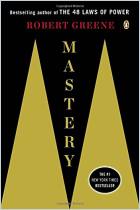
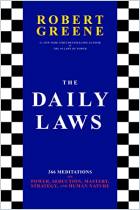
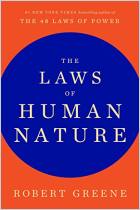
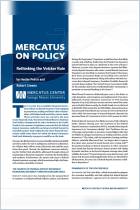


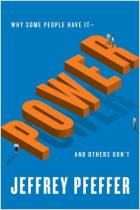


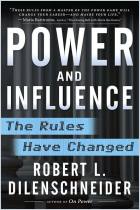
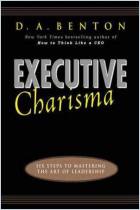
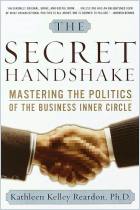


Comment on this summary or Démarrer une discussion